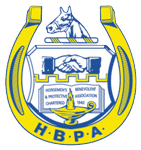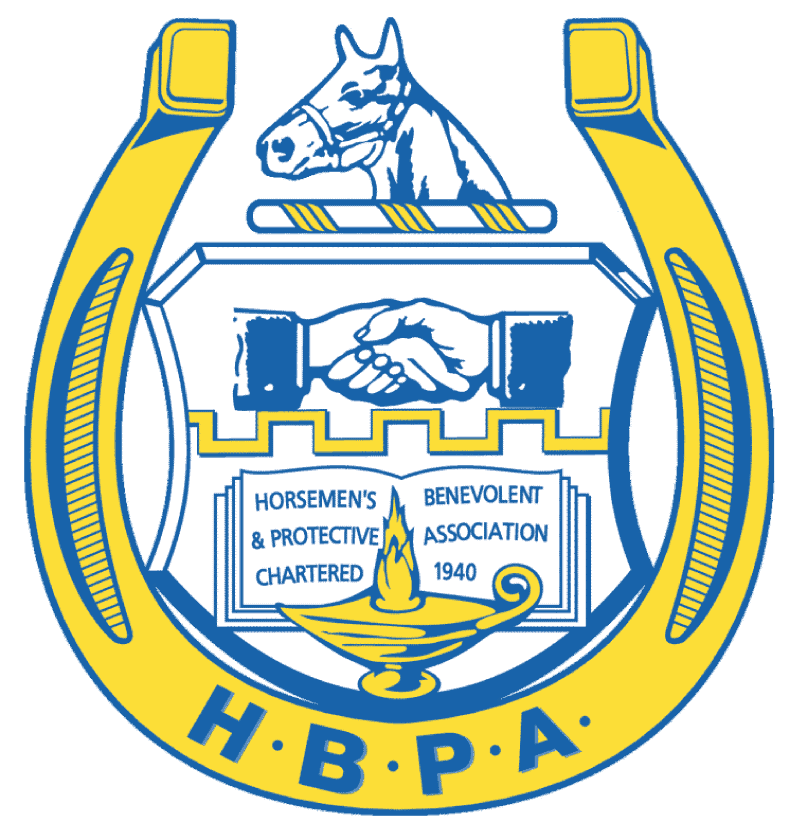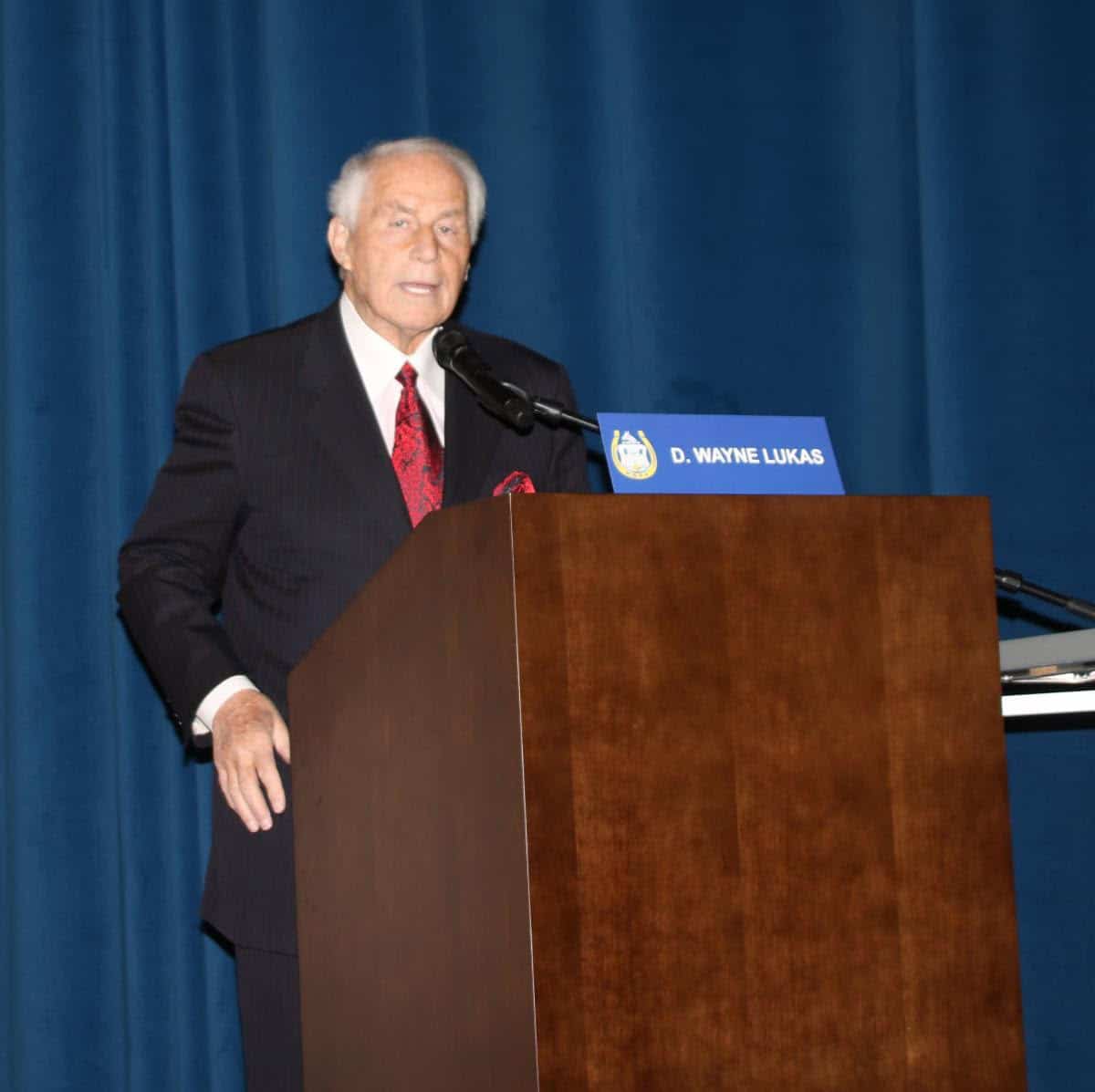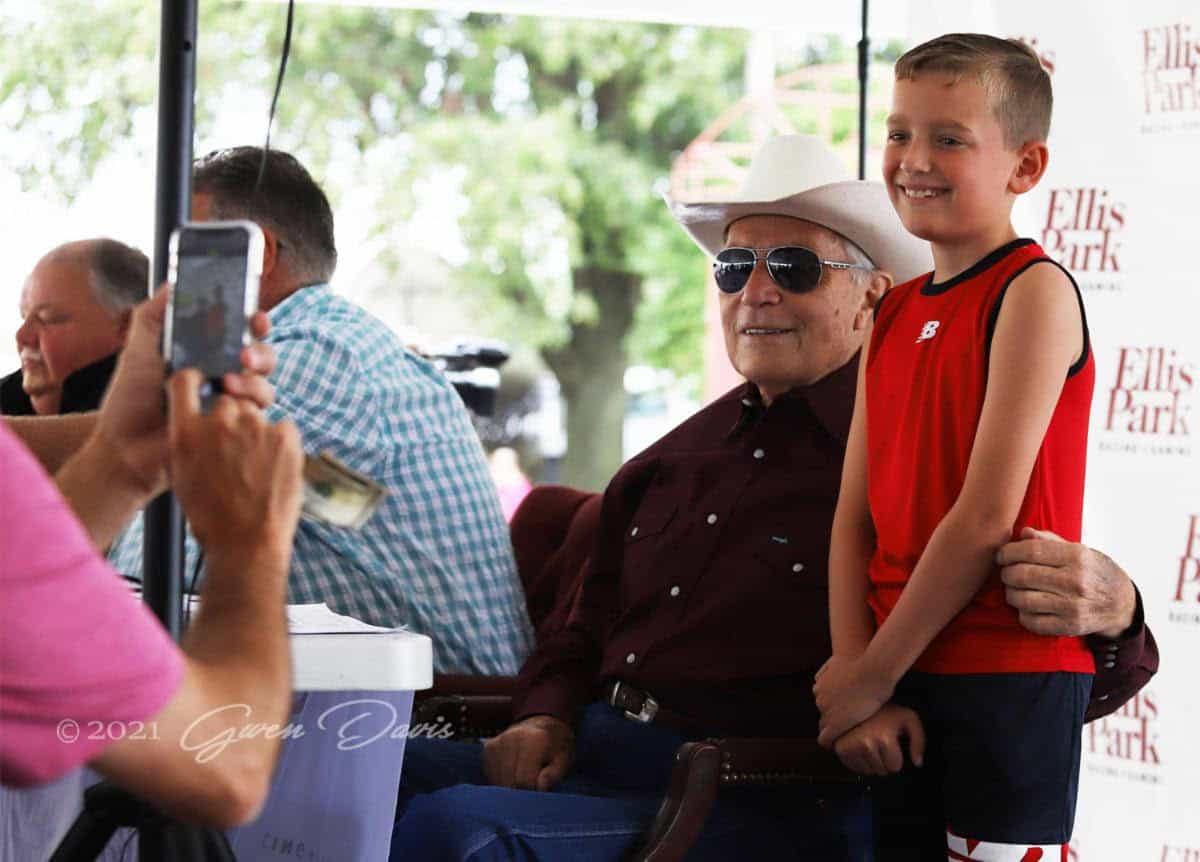TOC 100 Percent Against USADAs Involvement in Racing
Paulick Report
Joe Morris, president of Thoroughbred Owners of California, said horsemen’s groups throughout North America are united in opposition to federal legislation that would create one agency to regulate medication rules, drug testing and enforcement throughout the United States.
The various organizations (national and local affiliates of the Thoroughbred Horsemen’s Association, Horsemen’s Benevolent and Protective Association and the Thoroughbred Owners of California) represent almost 50,000 individuals, Morris said during the TOC’s annual membership meeting at Del Mar racetrack on Saturday. “We told the federal government, ‘When you deal with one of us, you’re dealing with all of us.”
The TOC is “100 percent committed” to uniform rules, added Morris, who said the state’s regulatory body, the California Horse Racing Board, has only approved two of the four components of the so-called National Uniform Medication Program, with third-party Lasix administration “coming soon” and the multiple violation program to be addressed sometime in the future.
The TOC board is “100 percent against the federal government or USADA being involved,” said Morris.
His comments were in response to recently filed legislation, the Thoroughbred Horseracing Integrity Act of 2015,” sponsored by Reps. Paul Tonko (D-NY) and Andy Barr (R-Ky.), co-chairs of the Congressional Horse Caucus. The bill, H.R. 3084, would create an independent, non-profit, non-governmental agency, the Thoroughbred Horseracing Anti-Doping Authority (THADA), in affiliation with the United States Anti-Doping Agency (USADA), to regulate and enforce medication policy in Thoroughbred racing nationally. The bill also would establish standards and protocols for drug testing laboratories and support research and development of tests for new, synthetic drugs coming on the market.
Morris said the TOC is spending money lobbying Congress against federal legislation but is also “100 percent” in support of equine research on such issues as exercise-induced pulmonary hemorrhage.
The TOC executive provided updates on several other issues to the organization’s membership, including:
— Efforts to install security cameras in the stables of California racetracks continue to be delayed. “We want them,” said Morris, who indicated the cameras would first be positioned at stable gates and eventually in shedrows and stakes barns. Morris did not indicate the cause of the delays.
— TOC will seek a portion of the 5 percent that advance deposit wagering companies retain for ADW bets made while customers are at a racetrack. “We are looking to get a piece of that to offset stable and vanning costs,” Morris said, adding that purse contributions from an ADW bet are 4 percent less than an on-track wager. Morris said many people attending live racing now wager through their ADW accounts. “That wasn’t the intent” of the law to authorize ADW, he said.
— Morris said TOC is “exploring” the concept of starting what he called a “horseman’s ADW company across the country.”
— Negotiations are ongoing to insure long-term commitments for stabling in Southern California, including the 800 stalls currently at Los Alamitos. Morris said revenues for the stabling and vanning fund are down as a result of handle shifting from off-track wagering (from which 1.25 percent goes to stabling and vanning) to ADWs (which contribute nothing to stabling and vanning)
— Purses in California fell from $126.4 million in 2013 (the final year of Hollywood Park) to $122.8 million in 2014, though as a result of 14 fewer race days in 2014 average daily purses increased slightly.
— Purses for the first seven months of 2015 are up by 3.72 percent from 2014 and California handle has increased by 6.19 percent. Six new satellite wagering facilities in California helped increase handle and two more such facilities are under construction, including one adjacent to the San Diego Convention Center, Morris said.
— TOC will continue “experimenting” with low takeout bets like the 14 percent Pick 5 and the 20 percent “rolling doubles.” No mention was made of reducing takeout on other bets.
— A switch to the Stronach Group-owned AmTote later this year will bring new totalizator machines and wiring to racetracks but also save the industry $5 million over the 10 years of the contract compared to the current tote provider.
Owner awards were presented to Hronis Racing for winning the most purses and stakes races in California in 2014, while Tommy Town Thoroughbreds was presented an award for most overall California wins in 2014. Trainer Art Sherman received an award in recognition of his handling of Kentucky Derby and Preakness winner California Chrome throughout 2014.
Trainer Bob Baffert, a TOC board member, was asked to speak about his experiences with American Pharoah winning this year’s Triple Crown. Baffert began by ruling out a start in the Aug. 22 Pacific Classic at Del Mar because it is too close to the Pioneerof the Nile colt’s last race Aug. 2 in the Haskell Invitational at Monmouth Park in New Jersey. The Hall of Fame conditioner said he thinks American Pharoah “has really helped racing” and cited the excitement at Fasig-Tipton’s yearling sale in Saratoga Springs, N.Y., the previous week where “everybody wants to buy the next Pharoah.”
Baffert then talked about the advantages of stabling and racing in California because of its high purses and excellent weather. “You can’t beat California racing,” he said. Unfortunately for California fans of American Pharoah, the Triple Crown winner hasn’t raced in the Golden State since last September.





